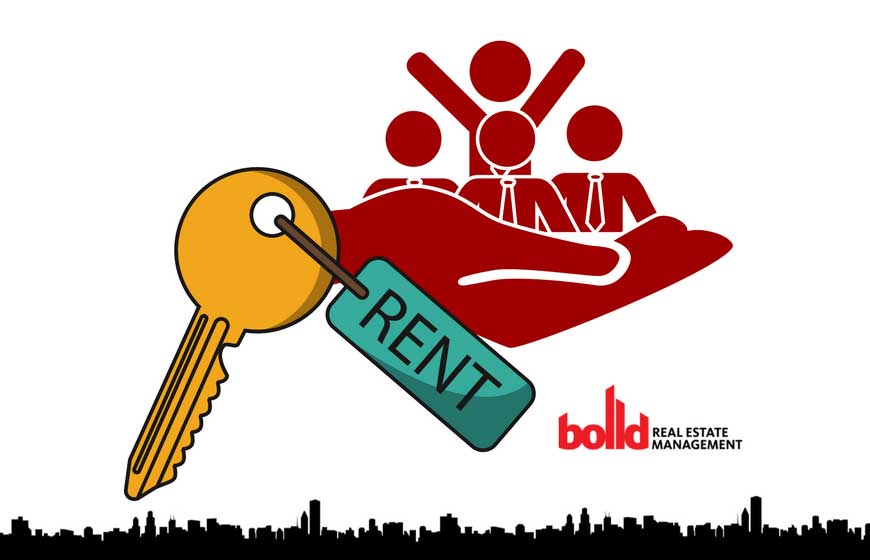Congratulations, you’ve found your perfect tenants!
You did thorough interviews and investigations into your tenants’ employment, renting history, and character and settled on the ideal tenants. You even discussed the BC tenant’s rights. What’s next after acquiring tenants?
Once your tenants signed the rental agreement, there are some things you need to take care of to be sure your investment is protected.
Have you reviewed the Provincial and Territorial Fact Sheet for your area? You need this so you would be familiar with the basic regulations in your area, such as what deposits you can take, how long of a notice you’re expected to give, and renewal timeframes. You need to be sure to collect any deposit, if applicable before the new tenants move in. It is important to conduct a move-in inspection at the beginning of the tenancy.
Keep in mind that some areas require a specific worksheet to be filled out for this, so you’ll want to be fully versed in your local laws pertaining to landlords.
[inf_infusionsoft_inline optin_id=optin_2]
When Collecting a Deposit
Laws regarding deposits vary from province to province, so it’s very important that you do your research. A landlord holds a deposit in trust as security against damage to the rental unit. Once the deposit is paid, a tenancy agreement has been entered into and neither the landlord nor the tenant can change their mind.
Here’s a summary guide for people in the BC area:
According to the law, any deposits taken at the beginning of tenancy will be returned to the tenant within a specific period after move-out inspection. It’s important to note that to keep a tenant’s deposit in Canada, you must apply to the local rental authorities.
There are a few potential factors that could affect the final amount of deposit returned to the tenants. These factors include, but aren’t limited to:
- The rent being paid in full,
- The amount of the deposit the tenant paid the landlord,
- The condition of the rental unit, excluding normal wear and tear.
Rent Increases
Just as the cost of living fluctuates with time, as does rent prices. You are allowed to increase your rent, but different areas have different guidelines pertaining to how much and the level of notice you’re required to give.
In a lot of jurisdictions, you must give notice at least ninety days in advance of a rent increase, but there are some places that only allow you to increase the rent on the anniversary of the tenancy and require a notice of four months.
Be sure you know the notice you’re expected to give because if you don’t adhere to it, the tenants can refuse to pay.
See also: Rent Increase in British Columbia
Ending your rental agreement
You want to make sure that your tenants leave on good terms when you serve them the notice to end the tenancy. Move-out inspection secures that tenants leave your property in good condition.
You should check with the tenants whose lease is coming to an end to find out if they wish to continue renting from you. Negotiate terms for ending the rental agreement that are acceptable to
everyone, give good notice of times you’d be showing the property and inspect the property before returning their deposit.
[inf_infusionsoft_inline optin_id=optin_11]
In Conclusion
Once you have your tenants, your work as the landlord isn’t done.
There are many steps you should take into consideration in order to protect your investment.
Do you think all the work is too much for you?
Do you want to know how property management experts can help you?
Take the quiz below and see if property management is for you or get a quote now!
[tqb_quiz id=’22029′]


